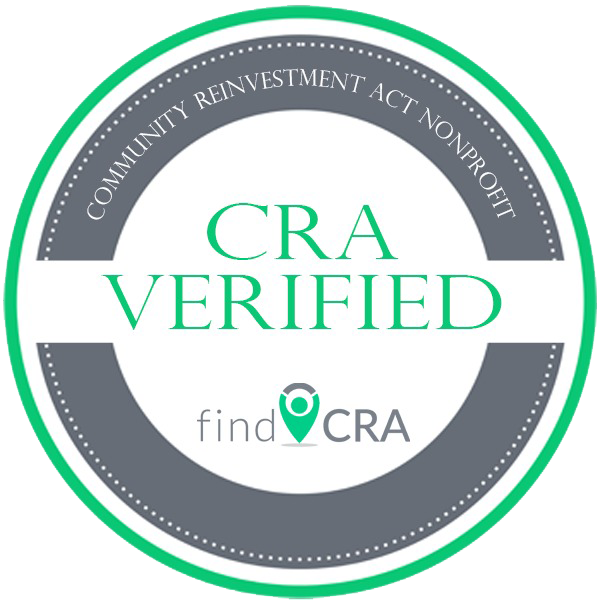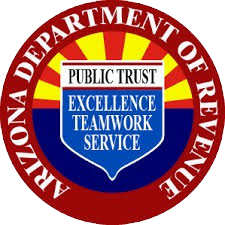Since its inception in 1977, the Community Reinvestment Act (CRA) has served as a cornerstone of American legislation. Its primary objective is to inspire banks to cater to the diverse needs of every community they serve, with a particular emphasis on neighborhoods of low to moderate income.
The significance of CRA assessments, which scrutinize the effectiveness of banks in fulfilling these needs, cannot be overstated. These assessments not only sway regulatory decisions, such as the green light for mergers and acquisitions, but they also shape a bank’s standing within the community it serves.
Community Reinvestment: Low Income Based Scholarships Inc. is committed to providing scholarships to students hailing from low-income families and those in foster care. This initiative triggers a domino effect of positive outcomes in Arizona, including the bolstering of workforce and economic growth, and a decrease in dependency on public assistance programs.
By making donations to such organizations, banks can not only elevate their CRA assessments but also foster partnerships and engage more deeply with the community. This, in turn, cultivates trust and goodwill among stakeholders.
Community Reinvestment: Low Income Based Scholarships Inc. in Arizona is a means to enhance CRA standing. The essay will delve into the advantages of such contributions, the potential tax benefits, and the ripple effects of community reinvestment.
Benefits of Donating to Community Reinvestment: Low Income Based Scholarships Inc.
I. Endorsement for Pupils from Economically Disadvantaged Families and Foster Care
Contributions to Community Reinvestment: Low Income Based Scholarships Inc. offer indispensable support, over 90% of donations go directly to tuition in the form of scholarships, to students hailing from economically disadvantaged families and those in foster care, thereby amplifying their access to educational prospects. These students frequently encounter substantial financial hurdles that impede their quest for higher education. By proffering financial aid and scholarships, Community Reinvestment: Low Income Based Scholarships Inc. plays a pivotal role in equalizing opportunities for these underprivileged students.
II. Beneficial Impacts on the State of Arizona
Contributions to Community Reinvestment: Low Income Based Scholarships Inc. have beneficial impacts on the state of Arizona, extending beyond the individual students who benefit from the scholarships. These impacts encompass enhanced workforce and economic development, as well as a decrease in dependence on public assistance programs.
III. Fostering of Partnerships and Community EngagementM
Contributions to Community Reinvestment: Low Income Based Scholarships Inc. foster the development of partnerships and community engagement, which are essential for addressing the diverse needs of the community and building trust and goodwill among stakeholders.
Tax Advantages of Donating to Community Reinvestment: Low Income Based Scholarships Inc.
Elucidation of Tax Write off Donations Against an Arizona’s Tax Obligations
There exists a potent incentive for banking institutions to participate in community impact initiatives, courtesy of the tax benefits linked to donations made to Community Reinvestment: Low Income Based Scholarships Inc. These contributions to the non-profit sector allow banks to avail the only, virtually limitless tax write off against their tax obligations in Arizona.
A Broad View of Arizona Department of Revenue’s School Tuition Organization Program
Promotion of Corporate Social Responsibility via Tax Incentives
The tax benefits linked to donations made to Community Reinvestment: Low Income Based Scholarships Inc. not only offer a fiscal advantage for banks but also foster corporate social responsibility. By providing tax incentives for charitable donations, the government motivates banks to participate in community reinvestment initiatives and align their corporate goals with social impact activities.
The Low-Income Corporate Tax Credit Cap for FY2023/24 was $158,476,605. As of Jan 1, 2024 the Cap was not met and therefore the remaining (roughly $45M) rolled over to 2025 making approvals for 2024 at the start of the year, rather than waiting for the start of the new fiscal year in July, as is customary in previous years.
This tax credit is claimed on Form 335. Corporations interested in making donations to Community Reinvestment: Low Income Based Scholarships Inc. for the low-income tax credit must contact the organization directly to then work on attaining Arizona Department of Revenue Letter of Approval, which takes approximately one week. Corporate partners, S corporation individual shareholders and exempt organizations subject to unrelated business taxable income will then be issued a letter stating the timeframe in which they must donate in order to claim the tax credit, which is approximately 20 days from issuance.
These tax incentives also motivate banks to synchronize their corporate goals with social impact activities, thereby promoting corporate social responsibility. By investing in community reinvestment initiatives, banks can enhance their CRA standing, fortify their relationship with the community, and make a lasting positive impact on the lives of underprivileged students and the state of Arizona. Community Reinvestment: Low Income Based Scholarships Inc. offers the ability to recommend a school, however not the individual child, in which funds are assigned. There are various data centric approaches to finding schools in aligned regions, causes, learning styles, and more.
Synergistic Effects of Community Impact and improved CRA Standing
Advantages for Banking Institutions
1. Enhanced CRA evaluations and regulatory adherence: A bank’s contribution to the Community Reinvestment: Low Income Based Scholarships Inc. can positively influence its CRA evaluations. The Community Reinvestment Act (CRA) mandates banks to cater to the credit requirements of the communities they serve, with a special focus on low to moderate-income neighborhoods. By supporting an organization like Community Reinvestment: Low Income Based Scholarships Inc., banks can showcase their dedication to community reinvestment, thereby enhancing their CRA status. This can result in regulatory advantages, such as faster approval for mergers and acquisitions, and a more robust relationship with regulatory bodies like the FDIC.
2. Augmented brand image and customer loyalty: Participating in community support and visible giving efforts can bolster a bank’s brand image and cultivate customer loyalty. In today’s world, customers are increasingly aware of a company’s social responsibility and are more inclined to support businesses that actively contribute to the community. By aligning their corporate goals with social impact activities, banks can foster trust and goodwill among stakeholders, including customers, employees, and shareholders. This can result in heightened customer loyalty and a positive brand reputation.
In view of the research findings, it is imperative for banks to acknowledge the importance of community impact and its potential synergistic effects. Investments in Community Reinvestment: Low Income Based Scholarships Inc. not only elevate CRA standing but also contribute to societal impact. Hence, an appeal is made for banks to prioritize and invest in community reinvestment initiatives. By doing so, banks can improve their CRA standing, fortify their relationship with the community, and make a lasting positive impact on the lives of underprivileged students and the state of Arizona.
References
1. FDIC: Comprehensive Overview of CRA Final Rule
3. Federal Reserve: An Insight into Community Reinvestment Act (CRA)
4. CRA Today
5. FindCRA
6. Low Income Based Scholarships
7. Bank of America: Our Local Presence
8. CRA, Inc.









